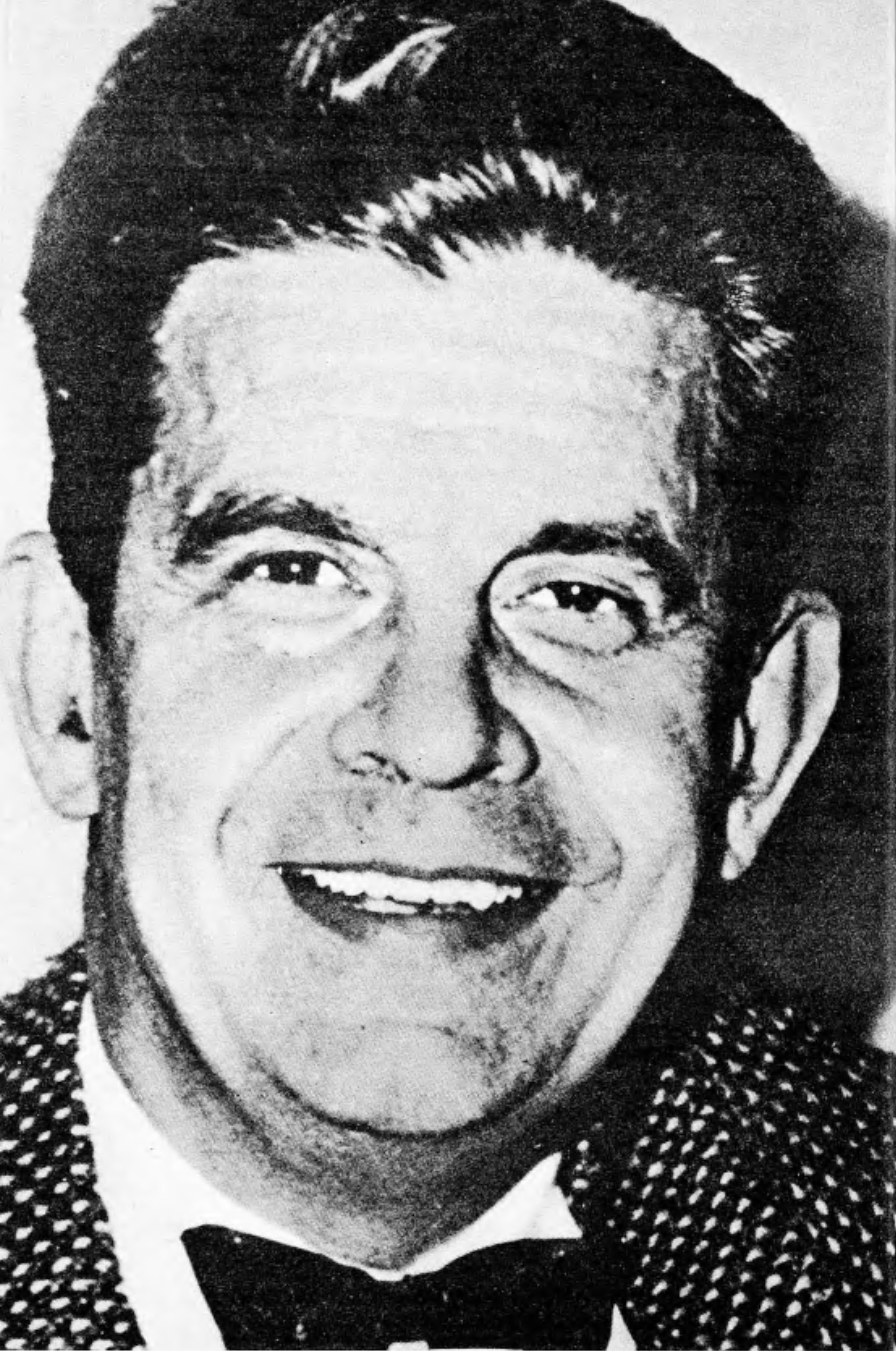Of The Subject of Certainty p. 31
The Four Fundamental Concepts of Psycho Analysis (1978)
Jacques Marie Emile Lacan: Citáty v angličtine
Of the Network of Signifiers
The Four Fundamental Concepts of Psycho Analysis (1978)
Kontext: It is on this step that depends the fact that one can call upon the subject to re-enter himself in the unconscious—for, after all, it is important to know who one is calling. It is not the soul, either mortal or immortal, which has been with us for so long, nor some shade, some double, some phantom, nor even some supposed psycho-spherical shell, the locus of the defences and other such simplified notions. It is the subject who is called— there is only he, therefore, who can be chosen. There may be, as in the parable, many called and few chosen, but there will certainly not be any others except those who are called. In order to understand the Freudian concepts, one must set out on the basis that it is the subject who is called—the subject of Cartesian origin. This basis gives its true function to what, in analysis, is called recollection or remembering. Recollection is not Platonic reminiscence —it is not the return of a form, an imprint, a eidos of beauty and good, a supreme truth, coming to us from the beyond. It is something that comes to us from the structural necessities, something humble, born at the level of the lowest encounters and of all the talking crowd that precedes us, at the level of the structure of the signifier, of the languages spoken in a stuttering, stumbling way, but which cannot elude constraints whose echoes, model, style can be found, curiously enough, in contemporary mathematics.
Of the Network of Signifiers
The Four Fundamental Concepts of Psycho Analysis (1978)
Kontext: By, the subject, where it was, where it has always been, the dream. The ancients recognized all kinds of things in dreams, including, on occasion, messages from the gods—and why not? The ancients made something of these messages from the gods. And, anyway—perhaps you will glimpse this in what I shall say later—who knows, the gods may still speak through dreams. Personally, I don't mind either way. What concerns us is the that envelops these messages, the network in which, on occasion, something is caught. Perhaps the voice of the gods makes itself heard, but it is a long time since men lent their ears to them in their original state—it is well known that the ears are made not to hear with.
“The real is what resists symbolization absolutely.”
Zdroj: The Seminar of Jacques Lacan: Freud's Papers on Technique
Zdroj: The Seminar of Jacques Lacan: The Four Fundamental Concepts of Psychoanalysis
The Freudian Unconscious and Ours
The Four Fundamental Concepts of Psycho Analysis (1978)
The Freudian Unconscious and Ours
The Four Fundamental Concepts of Psycho Analysis (1978)
The Freudian Unconscious and Ours
The Four Fundamental Concepts of Psycho Analysis (1978)
The Unconscious and Repetition
The Four Fundamental Concepts of Psycho Analysis (1978)
Of the Network of Signifiers
The Four Fundamental Concepts of Psycho Analysis (1978)
The Freudian Unconscious and Ours
The Four Fundamental Concepts of Psycho Analysis (1978)
Of the Network of Signifiers
The Four Fundamental Concepts of Psycho Analysis (1978)
